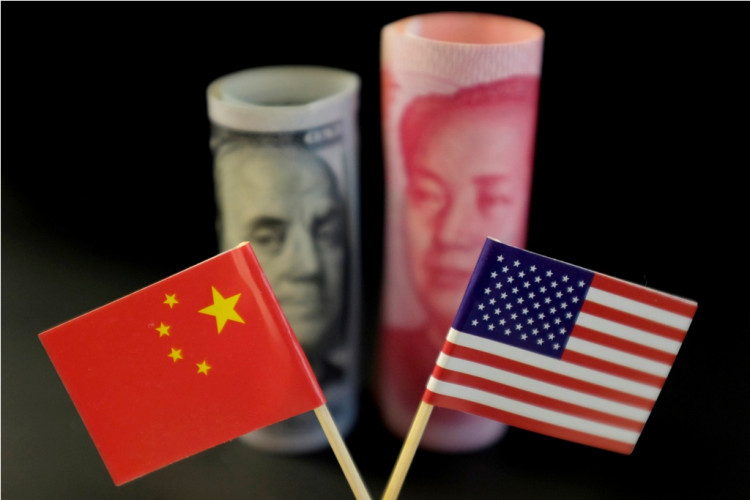In a recent development intensifying the ongoing tech rivalry between the United States and China, Beijing has accused Washington of "weaponizing" export controls, particularly in the high-tech and semiconductor sectors. China's Ministry of Commerce spokesperson, Shu Jueting, voiced strong concerns over the U.S.'s direct intervention in high-tech exports by Dutch companies to China. The statement was made in the ministry's first press conference of 2024, where Shu emphasized the U.S.'s instrumentalization and weaponization of export control issues.
The focal point of China's concerns is ASML, a Netherlands-based company that manufactures critical lithography machines for advanced semiconductors. ASML recently revealed that the Dutch government restricted it from exporting some lithography products to China. These developments follow the U.S.'s introduction of export controls aimed at limiting the Chinese military's access to high-end semiconductor technology.
China's Commerce Minister Wang Wentao raised these concerns during a phone call with U.S. Commerce Secretary Gina Raimondo. Wang focused on expressing serious apprehensions about the U.S. restrictions on third-party exports of lithography machines to China, investigations into the supply chain of legacy chips, and sanctions suppressing Chinese companies.
ASML, which saw China as its biggest market in the third quarter of 2023, accounting for 46% of the company's sales, has faced significant constraints due to these measures. New U.S. export bans introduced in October prohibited ASML from sending even older models of its DUV semiconductor equipment to China. Shu Jueting urged the Dutch side to respect the spirit of the contract and support businesses in conducting compliant trade.
In response to these developments, China has announced that it firmly opposes such measures and will take necessary actions to protect the interests of Chinese businesses. The U.S. Department of Commerce, however, did not immediately respond to requests for comments outside U.S. business hours.
These actions are part of a broader U.S. strategy to cut off China's access to advanced chips and chip-making tools crucial for breakthroughs in AI and sophisticated computers for its military. The U.S. has also lobbied allies with key suppliers to adopt similar curbs. Washington's moves have significant implications for global supply chains and the semiconductor industry, with potential repercussions for technological advancements and geopolitical stability.
The U.S.'s survey into how companies are sourcing current-generation and mature-node semiconductors, as part of its efforts to award nearly $40 billion in subsidies for semiconductor chip manufacturing, also drew Beijing's attention. The survey aims to reduce national security risks posed by China and focuses on the use and sourcing of Chinese-manufactured legacy chips in the supply chains of critical U.S. industries.
The ongoing dispute highlights the growing complexities in the global tech landscape, where national security concerns increasingly intersect with trade and economic cooperation. The outcome of these tensions will likely have far-reaching implications, not only for the U.S. and China but also for the global economy and the future of technological innovation.






